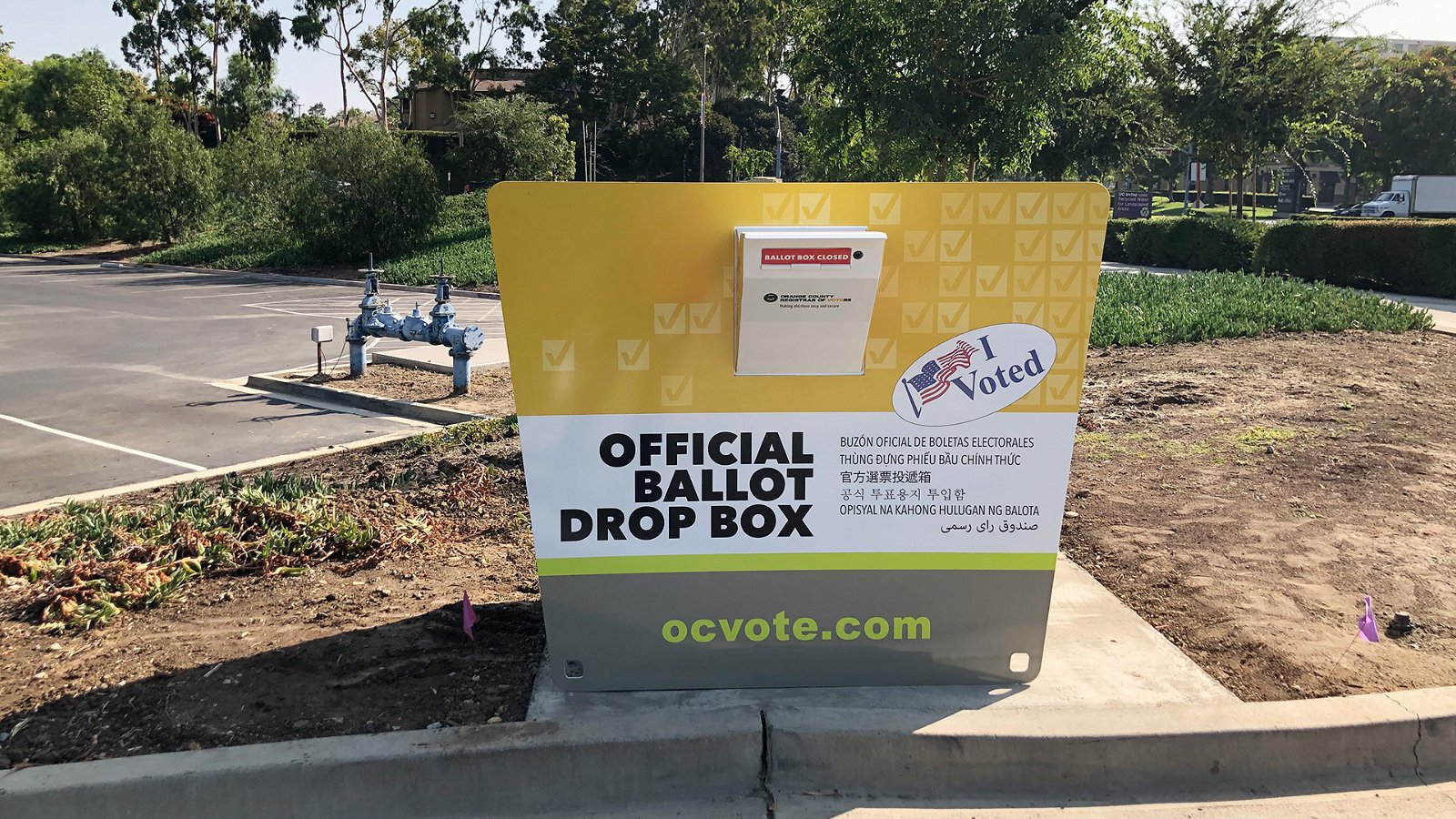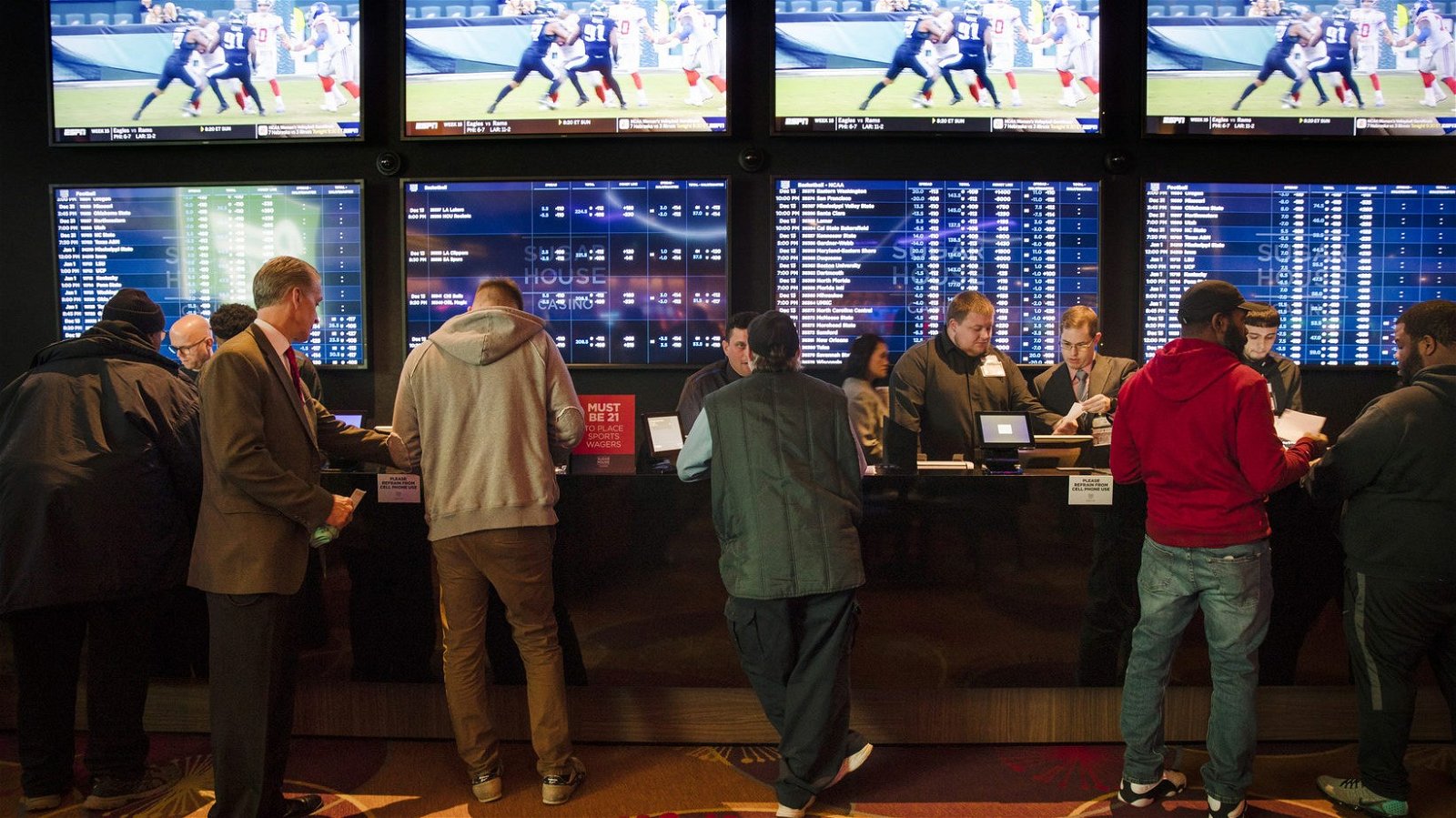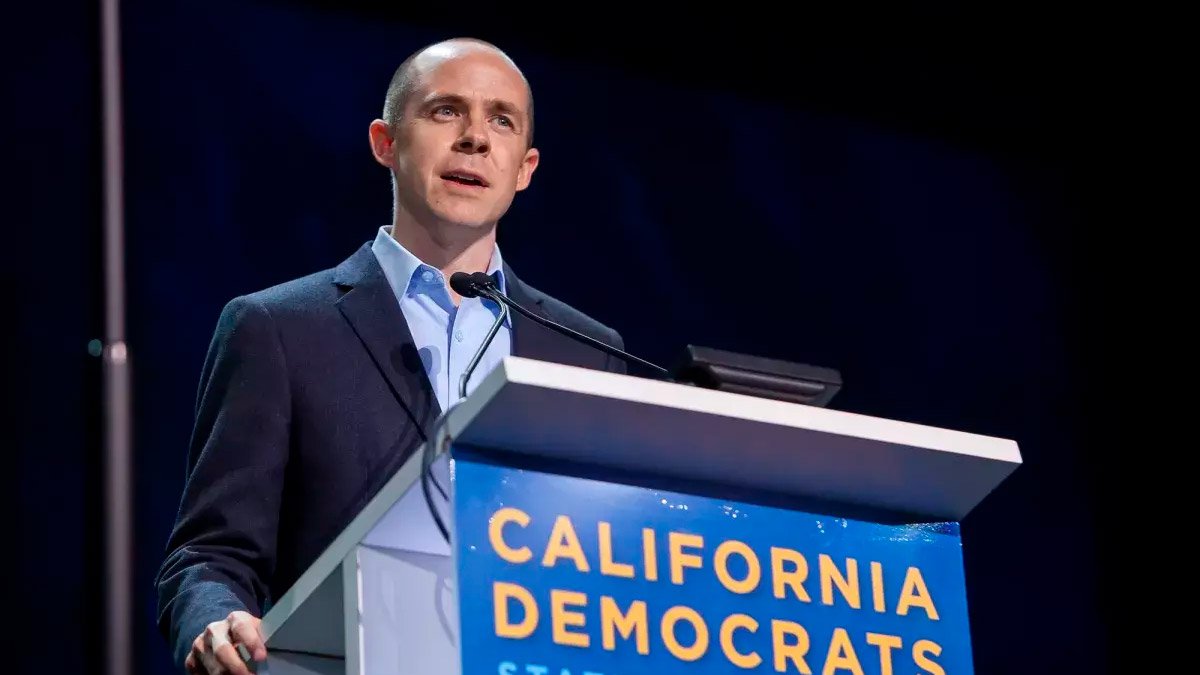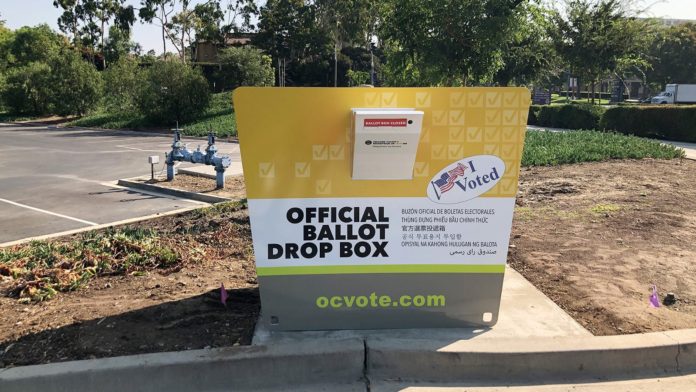California voters are set to consider seven measures on November’s ballot, among them two competing sports betting initiatives. Campaign spending has already broken records, with a high-dollar fight between tribal casino interests and heavyweight sportsbook operators taking center stage, with no signs of slowing down with just a few weeks to go.
The campaign that could bring legalized sports betting to the Golden State is already the most expensive ballot initiative fight in US history, at about $400 million and counting. At its current pace, the spending could more than double the $200 million record total that may be spent by all sides combined in the Texas governor’s race, reports The Dallas Morning News.
The fight comes as sports betting expands in the US, now legal in 31 states and the District of Columbia. Three of the four states bordering Texas –Louisiana, Arkansas and New Mexico– have legalized sports betting. The spending on campaigns nearly doubles the previous mark in California, set in 2020, with about seven weeks to go until balloting ends on Nov. 8.

Californians have been exposed to a torrent of advertising for months now, filled with promises of benefits, but also shots between both opposing groups. But all the money being poured could be a bad bet, says Morning News. With the midterm elections approaching, voters are cynical about political sales pitches. And with two similar proposals on the ballot, history suggests that voters are inclined to be confused and vote “no” on both measures.
Breaking down the campaigns
In the event that both initiatives receive more than 50% approval, the one with the most votes wins. California, a market potentially worth billions of dollars, has long been considering a treasure chest for the sports betting industry. Major gambling interests are running Proposition 27, which was put on the ballot by a coalition of sports betting operators, including giants FanDuel and DraftKings.
Prop 27 would allow sports betting not just in person but also online, in partnership with tribes. Given companies would have to pay a $100 million fee to enter the market, the initiative is seen as favoring established operators. Most of that fee and taxes would be directed to cover regulatory costs and programs fighting homelessness, with the remaining to be distributed among smaller tribes not involved in online betting. Only a few California tribes support the initiative.
Although major gambling interests claim their proposal would be most beneficial to the state, with potentially up to $500 to be generated to address homelessness, most California tribes view the measure as contrary to their interests and claim the money earmarked for programs would be a drop in the bucket compared to the millions online operators would rake in. That’s why most state tribes are supporting their own initiative: Proposition 26.

Prop 26 is supported by Native American tribes, who since 1998 have had the exclusive right to operate casinos in the state. The initiative would allow sports gambling on a retail basis at tribal casinos and horse racing tracks, in addition to allowing tribes to expand their gaming offerings to include new games such as roulette. It comes with a 10% tax at racetracks and regulatory reimbursements from tribes that could net tens of millions of dollars for public coffers.
The tribal sports betting proposal is not only running against the online sports betting measure but also facing opposition from private cardrooms in California. Operators of these establishments, who compete for business with tribal casinos, argue that provisions on Prop 26 would turn cardrooms into more vulnerable to lawsuits from tribes.
Political committees and alliances
A handful of political committees are at the center of the fight. The Yes on 26, No on 27 committee, sponsored by more than two dozen Indian tribes, has raised about $100 million through this month, according to state records. A second committee seeking to take down Prop. 27, also backed by California tribes, has pulled in around $90 million.
Proposition 26 is facing opposition from the Yes on 27 committee, backed by a coalition of sports betting companies that have raised about $170 million to support their cause. But the tribal proposal is also opposed by card clubs, which have piled up over $40 million in a committee of their own.

Political endorsements are also part of the ongoing fight over sports betting legalization. State Democrats were among the first stakeholders to make their opinion on the matter public, opposing Prop 27 but remaining neutral on Prop 26. Meanwhile, the California Republican Party opposes both proposals. And as for sports interests, Major League Baseball backs Prop 27.
If confusion takes over, as history suggests, and voters say “no” to both measures, other efforts are likely to be on the ballot in 2024. Last week, a Public Policy Institute of California poll results showed a majority of likely voters for the ballot would reject Prop 27. The campaign backing that initiative has slashed its ad buy in major TV markets across the Golden State, with no statewide TV spots slated to run in October, according to the San Francisco Chronicle.
Sources close to the Proposition 27 campaign have suggested that the switch in advertising strategy comes as a response to the saturated television market not helping their push. As expected, the most expensive ballot fight in state history is a massive and expensive mess of competing interests: November will tell which initiative –if any– emerges as the winner.














